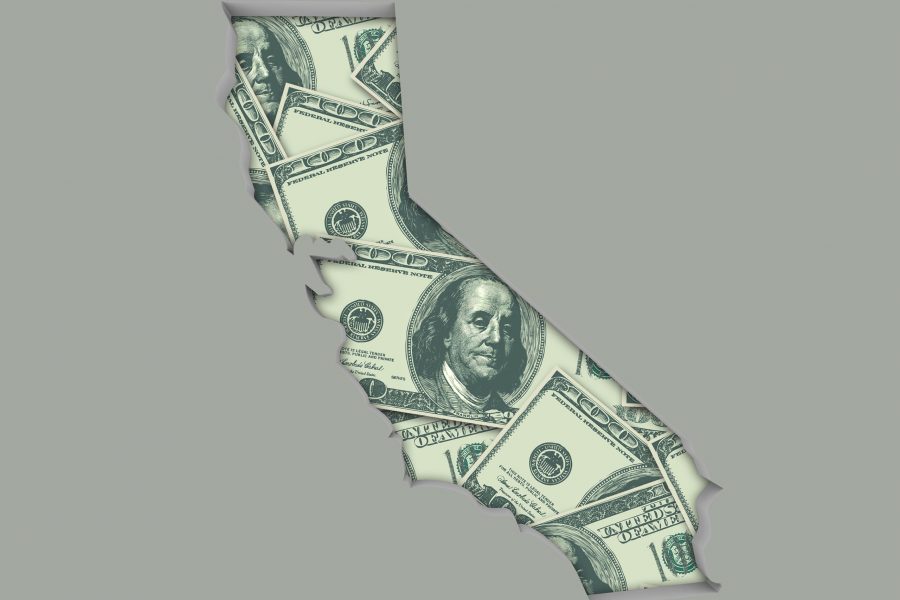“While many Californians are struggling to pay rent and put food on the table, Prop. 30 does not guarantee low income families will be able to buy (Zero Electric Vehicles). Most ZEVs are purchased by wealthy and upper middle-class Californians.”
If you think that quote is from the latest report from PRI’s Dr. Wayne Winegarden, who has gained national attention for his research showing that government electric car subsidies are just “costly subsidies for the rich,” think again.
It’s actually from a ballot rebuttal in the state voter handbook to Prop. 30, which will appear on the November ballot, signed by California Teachers Association E. Toby Boyd and former state schools superintendent Jack O’Connell.
Prop. 30 would increase taxes on those making over $2 million annually to fund more green spending. According to an analysis by the nonpartisan Legislative Analyst’s office, the measure would generate between $3.5 billion and $5 billion annually, 80 percent of which would be used to boost taxpayer funding for electric car subsidies and infrastructure. The rest of the funds would be spent on wildfire response and prevention.
The measure has surprisingly drawn the ire of Gov. Gavin Newsom, who called Prop. 30, “ a special interest carve-out – a cynical scheme devised by a single corporation to funnel state income tax revenue to their company.”
So why have Newsom and his allies in the CTA come out so strongly against Prop. 30? After all, Newsom has championed billions of taxpayer-funded green subsidies as governor and CTA has seemingly never met a tax increase it didn’t support.
The answer comes down to control.
Newsom hasn’t suddenly woken up to problems with government electric car subsidies. Rather, he’s upset that ridesharing company Lyft went around him, providing millions to fund this ballot measure to try and win voter approval for billions in subsidies to fund its drivers switching to zero emission vehicles and pay for more electric car charging stations. Lyft’s ballot strategy is a common one when interests see their favored legislation stalled in Sacramento.
Much in the same vein, CTA is against Prop. 30 because they won’t get any of the money. Under the text of the initiative, education may actually lose some of the money it would normally stand to receive under the Prop. 98 minimum guarantee for education.
Boyd and O’Connell argue in their ballot statement that, “Prop. 30’s narrow focus puts a special interest lock box on these new income taxes – normally the largest source of funding for California K-12 schools and community colleges, making them unavailable in the future.”
Worse in their view, the Legislative Analyst’s report notes that some of the spending required by Prop. 30 would count toward the Gann Limit restricting state spending, which has become an increasing concern for Sacramento big spenders in recent months as state government has neared the limit.
“When state spending is at the limit,” they note, “the proposition would require the state to reduce an equal amount of spending from other programs to ‘make room’ for the new require spending on ZEV programs and wildfire activities.”
This could put budget funding for some of their top budget priorities at risk if Prop. 30 passes – and Newsom and their allies in the Legislature would have little discretion to make alternate budget arrangements favored by the CTA.
The strange case of Prop. 30 shows that in Sacramento, who decides how the money is spent is often as important as how the money is being spent. Forced to choose between competing interests, Sacramento will always choose more control.
Tim Anaya is the Pacific Research Institute’s senior director of communications and the Sacramento office.


